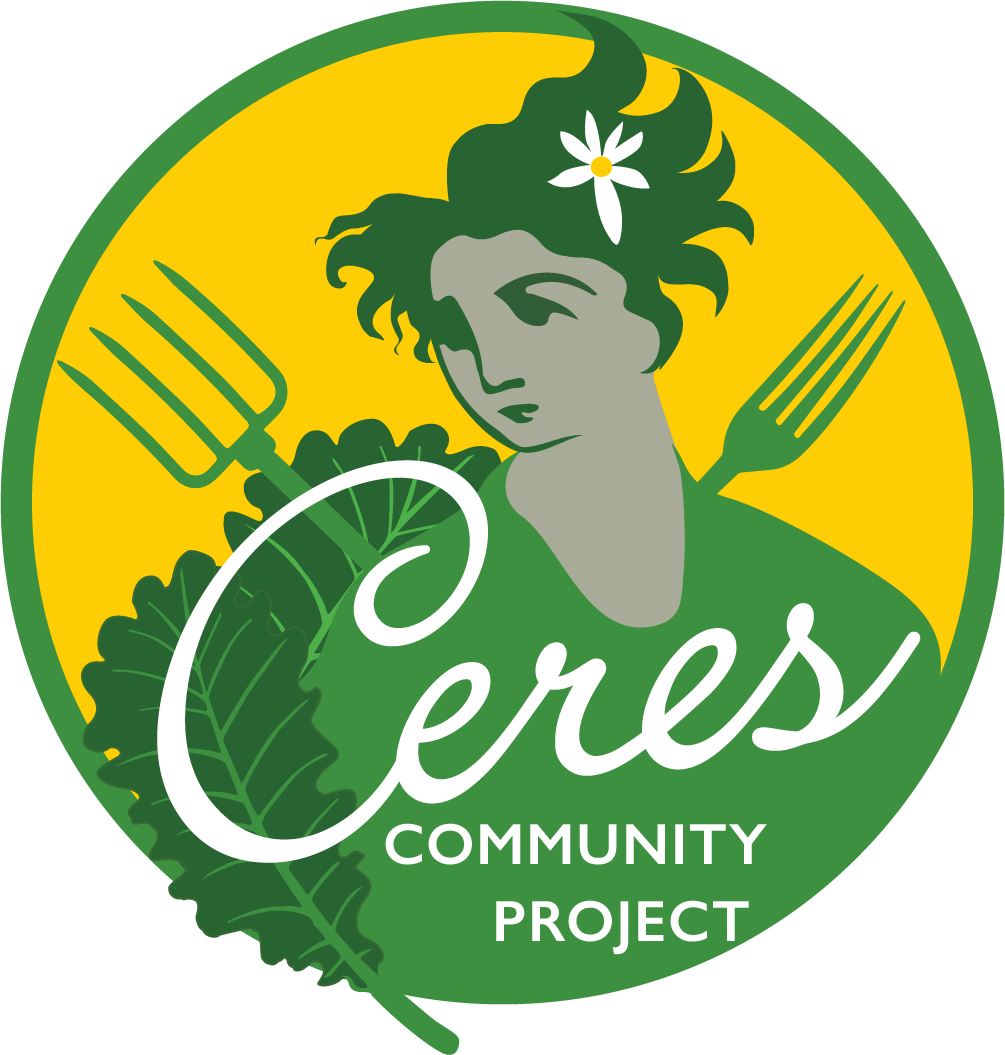Feeling Lonely is Bad for Our Health
Sheltering at home is causing social isolation and loneliness for many of us, especially seniors, people living with a variety of health conditions, and people who live alone. And what might surprise you is that this has a serious impact on people’s physical health and well-being. Our current experience with COVID-19 is exacerbating a disturbing trend of increased loneliness that researchers have been tracking for some time.
At Ceres, building community health has included an intentional focus on strengthening social connections since our inception. Our goal is to bring people together around our shared values of compassion, respect and generosity – whether you are a client, a youth or adult volunteer, or a donor. We believe that we’re all healthier when we can experience our value and belonging – whether we’re receiving the gift of healthy meals, or helping to prepare them. And the research backs us up.
Social isolation is an objective situation measured by infrequent social contact. Loneliness, on the other hand, is an emotional state. Both are important. A meta-analysis that looked at 148 studies shows that social isolation and loneliness can both increase the risk of death by about 25%, and are also strong risk factors for heart disease and stroke. They’re also associated with poorer general health and Type 2 diabetes.[1] People who are lonely have higher rates of chronic stress, which degrades the immune system over time. [2] Another study suggests that loneliness is as bad for one’s health as smoking 15 cigarettes per day.[3] The good news is that the same meta-analysis indicates that strong social connections can reduce risk for death from all causes by as much as 50%, and is associated with better sleep, increased physical activity, and stronger ability to follow medical guidelines.[1]
There’s been a focus on loneliness among older adults – with 45% of that age group saying they feel lonely on a regular basis – but Gen Z and Millennials, two of the youngest generations, actually experience the highest rates of loneliness.[1]. Volunteering is a great way to boost social connection, and as I mentioned above, at Ceres Community Project that’s a win/win for our clients and our volunteers. Studies show that volunteering to help others promotes trustworthy relationships, strong social networks, and improved general well-being. [4] Our clients and volunteers, including the teens, report feeling more connected to their community through Ceres.
Since our local shelter-in-place order started, we’ve been especially concerned about our clients. To combat potential increased social isolation, Ceres trained a group of teen and adult volunteers to make weekly social calls to our clients living alone. These conversations can help our clients and our volunteers feel connected and cared for – that they matter and can make a difference for someone else. One volunteer shared that she and the client she calls each week have begun to read books together. A client who lives alone told us she really looks forward to the conversation she has each week with her Delivery Angel. She even hangs up the cards she receives from our volunteers all around her house!
Developing solutions to address social isolation and loneliness is up to all of us. Reaching out to a friend to go on a physically-distanced walk, calling your neighbor to ask if they need anything from the grocery store, or cooking the same nourishing meal together over a video call with friends or family members are great ways to connect. Donating to causes that are important to you and volunteering are also great opportunities to combat loneliness and social isolation. At Ceres, we use food as medicine to help our clients heal from acute and chronic conditions—but we also have to look at the causes of these conditions, and as we’ve learned social isolation and loneliness are important factors.
Addressing social connection in every aspect of our lives—from transportation to environment, from education to nutrition—will help us think outside the box to find creative solutions to the issue. It’s up to all of us to fight against loneliness and social isolation for the health of our community as we shelter in place. We all may be at home, but we don’t have to be far apart at heart.
Be Well,
Reilly Briggs
Administrative Assistant to the CEO & Policy Coordinator
References
“Social Isolation and Health" Health Affairs Health Policy Brief, June 22, 2020.DOI: 10.1377/hpb20200622.253235
Julianne Holt-Lunstad, PhD, The Potential Public Health Relevance of Social Isolation and Loneliness: Prevalence, Epidemiology, and Risk Factors, Public Policy & Aging Report, Volume 27, Issue 4, 2017, Pages 127–130, https://doi.org/10.1093/ppar/prx030
Tiwari S. C. (2013). Loneliness: A disease?. Indian journal of psychiatry, 55(4), 320–322.https://doi.org/10.4103/0019-5545.120536
Three Things You Can Do
Do a random act of kindness this week. The Random Acts of Kindness Foundation has a lot of ideas!
Volunteer at Ceres. To get started, contact us at volunteer@ceresproject.org.
Learn more about what a “social in all spaces” approach could look like from Healthaffairs.org.

